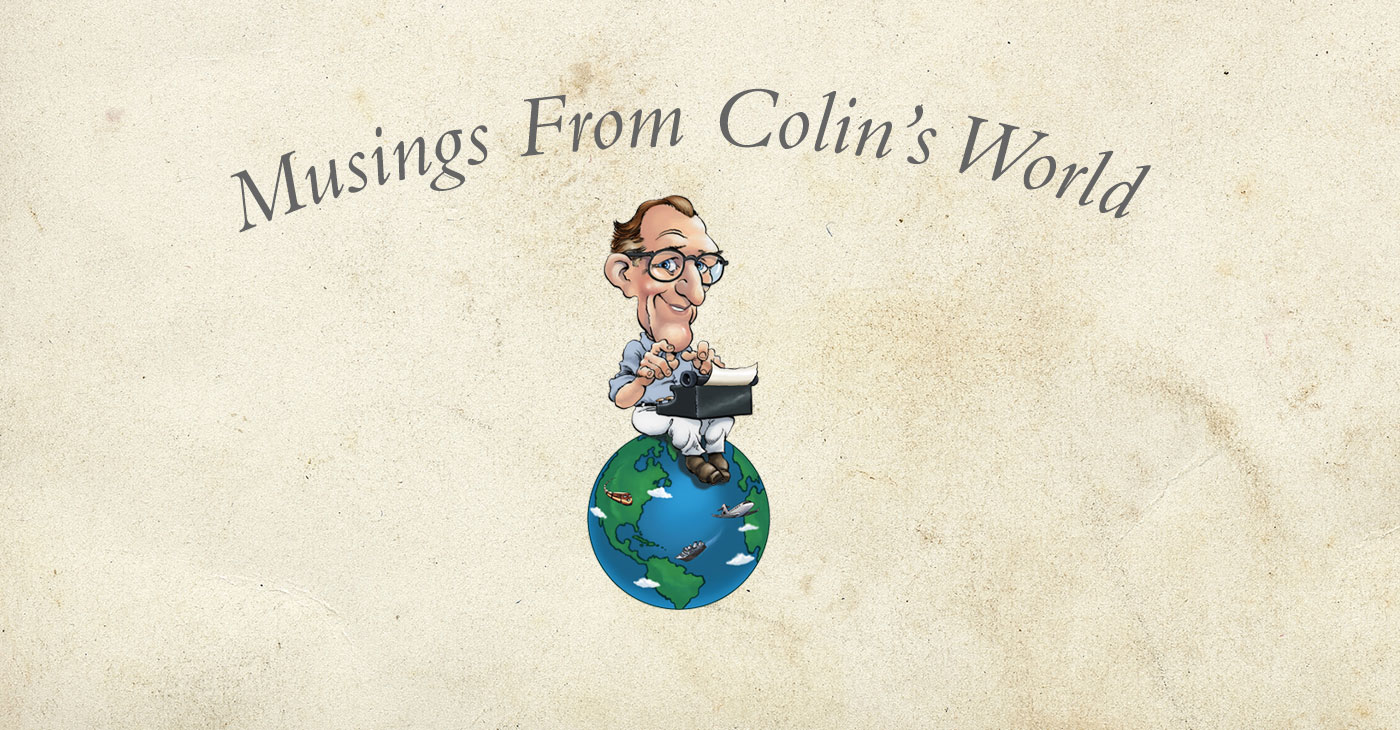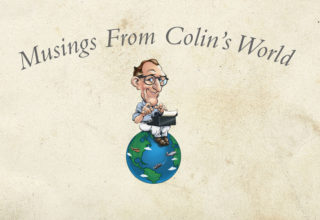“I went to the woods because I wished to live deliberately, to front only the essential facts of life and see if I could not learn what it had to teach, and not, when I came to die, discover that I had not lived.”
– Thoreau
I just returned from some weeks in the wilderness, and I am still buzzing and glowing from the charge of being immersed in nature. I know that we’re always really immersed in nature, even in the city. But I think we city folk need to periodically get away from the artificial environments to remove our blinders and really look at the world we’re living in. I certainly need that.
I realized the other day that I have traveled in the wilderness on seven continents, from Antarctica to Alaska, the Amazon, Africa, Australia, Asia and elsewhere. As diverse as those places are, there are commonalities among them. There is some common voice or vibration, some force of nature that one senses in the great unspoiled natural wildernesses. It’s the same everywhere.
The common ground is nature. And the more diverse environments I experience, the more clearly I can apprehend what it is that they have in common.
I’ve been so fortunate to have had many wilderness experiences, and they have altered my world view, shaped my experience of being in the world. The change has taken place gradually and cumulatively over time. The more time I spend in the wilderness the more I come to view the world as one gigantic wilderness dotted with areas of human settlement.
It’s a good feeling of being grounded in the world.
A Sense of Perspective
In 1961 Buckminster Fuller started a project he called the World Game. He took inventory of all the world’s resources, as a preparation for applying whole systems thinking to try to solve some of the world’s problems.
The data he gathered and the way he presented it created a hopeful and encouraging picture. Fuller discovered through his research that rather than overrunning the surface of the planet, human beings were actually living “in scattered patches covering less than 5 percent of the earth’s surface.”
The world’s megalopolises, he said, covered less than half of one percent of the surface. Even though the world is much more populated today than it was then, his point still holds. Civilization only covers a small part of the earth.
In 2005 the Global Rural Urban Mapping Project (GRUMP) combined satellite images of urban lights at night with population data and determined that cities covered only 3 percent of the earth’s land surface.
The land is itself only a small part of the surface of the earth. Three quarters of the surface is ocean. Fuller proposed building floating cities, and maybe the cruise industry is evolving toward that with its megaships. In any case, cities actually cover only a small part of the earth’s surface. The earth is a great frontier.
The fact that most of the world is wilderness means that the wilderness is always near, always accessible. We don’t have to travel to remote regions to experience untrammeled nature. In fact, many of the world’s great wilderness areas are in the United States. And even if you are in more populated areas of Europe, the wilderness is never far away.
Upside Down World
Learning about the actual proportion of city to wilderness on earth was striking to me because it’s about the inverse proportion of the focus of my own consciousness. My attention is normally focused about 95 percent on the concerns of civilization. The actual proportion of city to wilderness is about the opposite of that. To the person focused entirely on city matters, the wilderness is nothing but a fringe of nature around the city. That’s a very distorted view, the inverse of reality.
I sometimes become so immersed in the social realities that rule my world, which are largely abstract, that I lose touch with the world beyond the human construct. Then when I go somewhere where the human structures do not unduly hide the natural processes, it helps me to ground myself in the larger world that our civilization exists within.
Satellite images of the earth show a world without borders. There are tropical wildernesses, polar wildernesses, mountains, deserts, glaciers, rainforests, jungles, etc. But in spite of their stark differences in altitude, latitude, types of landscapes and plant and animal life, there is something common among all of them, something that ignores boundaries, something you can sense even if you can’t name it.
Nature speaks in a universal language, a language of beauty, power, awe and rapture. There is something vast and universal that comes through nature wherever you come face to face with it in the world. And it proves to me that there is a unity throughout nature, and diversity is part of that universality.
We human beings are a product of nature and I believe that humans also share that deep affinity with one another and the rest of nature. It is possible for us to emulate nature’s grace.
Healing Nature
You don’t have to have any specialized professional knowledge to experience for yourself that being “in nature” is calming, healing and tends to bring about more of a sense of peace of mind than when we are enmeshed in the machinery of business and city life.
Robert Louis Stevenson talked of wanting to “come down off this featherbed of civilization, and find the globe granite underfoot and strewn with cutting flints.”
I have always been deeply hooked on civilization, on society, history, art, culture, you name it. I could never leave the city pleasures and live only in the wilderness. But I think we all need a certain amount of immersion in places where nature has not been suppressed, where it takes its course and you can observe it. You can see the intelligence of the natural systems, from the smallest bacterium to massive weather systems.
The idea that we close nature out at the city limits is an illusion, but it is reinforced by focusing exclusively on the city. You can’t close out nature. There is no place where nature is not in action. The barriers we create in civilization create the illusion that human beings control nature. That illusion that comes crashing down whenever there is a natural disaster.
Playing for Keeps
Traveling in the wilderness has helped me adjust my perspective on the world in a healthy way. Of course a wilderness trip is stimulating and fun while you are on vacation, feeling great and appreciating the beauty of nature. But it doesn’t stop there.
The wilderness experience also has a sustained, cumulative effect. As I have experienced more wilderness it has given me an increasing sense of being at home in the wilderness. I am getting to know the real earth, the satellite view, not the political map.
That is the nature that we are born into and are a part of. But when we hole up in cities and keep our minds tuned into electronic media screens it is easy to lose that perspective.
We need breaks from the city cares. We need to allow our minds to wander free and go on flights of fancy to help keep in balance the harshness that comes with too much uninterrupted focus on rational, goal-seeking behavior.
That’s the function of vacations. Besides the direct function of having fun and enjoying life, that process of letting go also helps the mind to function better when you go back to the work desk.
By traveling far I have discovered the affinity between the great wilderness areas I have visited around the world and the wild areas I played in while growing up in the Midwest. It was the tropical jungle in the summer and the arctic wilderness in the winter. I didn’t realize then that I had it all. Now I know.
My accumulated experience of traveling into the wilderness has helped me find my way back to my origins, and to feel at home in the world, no matter where.
Till next time,
Your humble reporter,
A. Colin Treadwell

